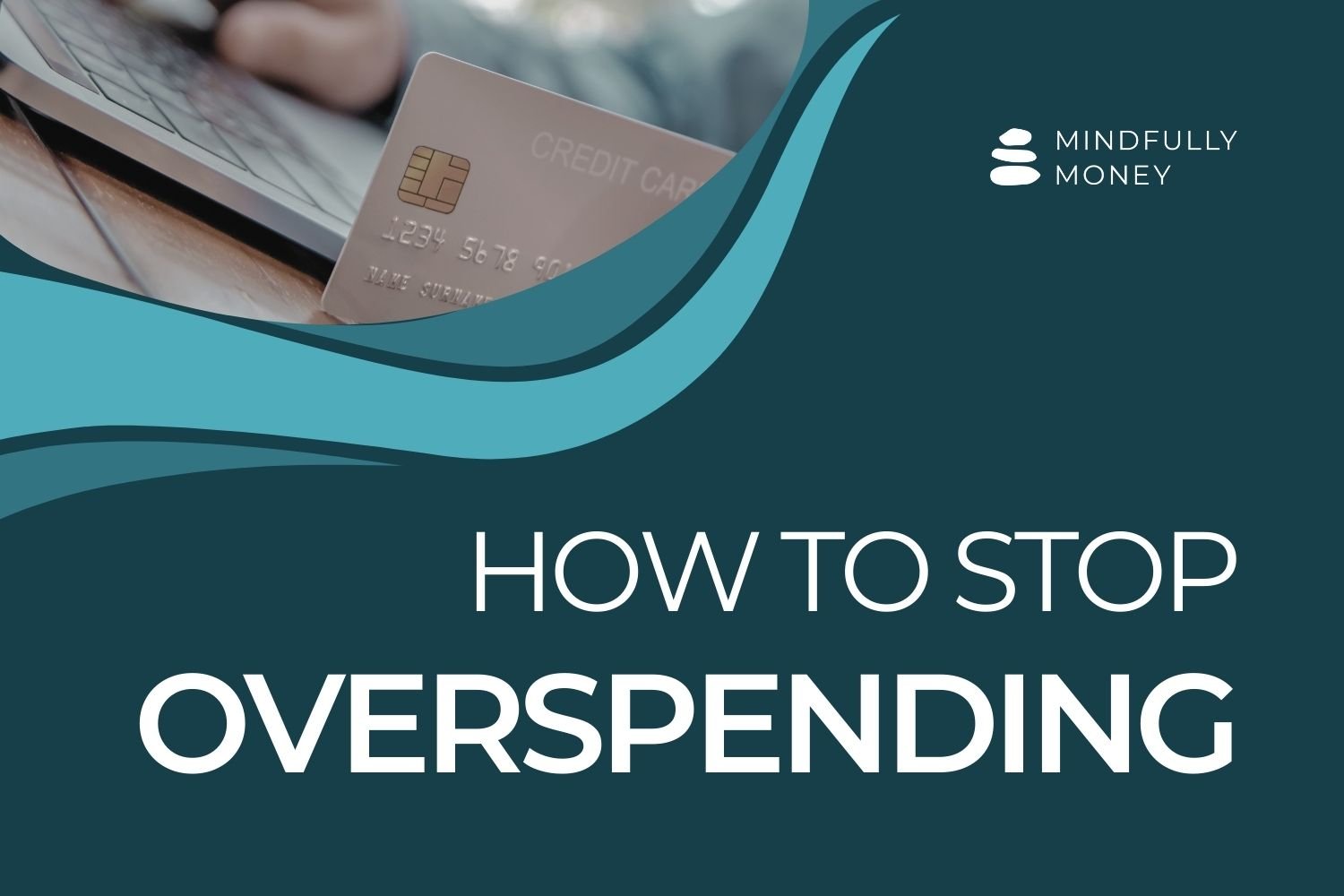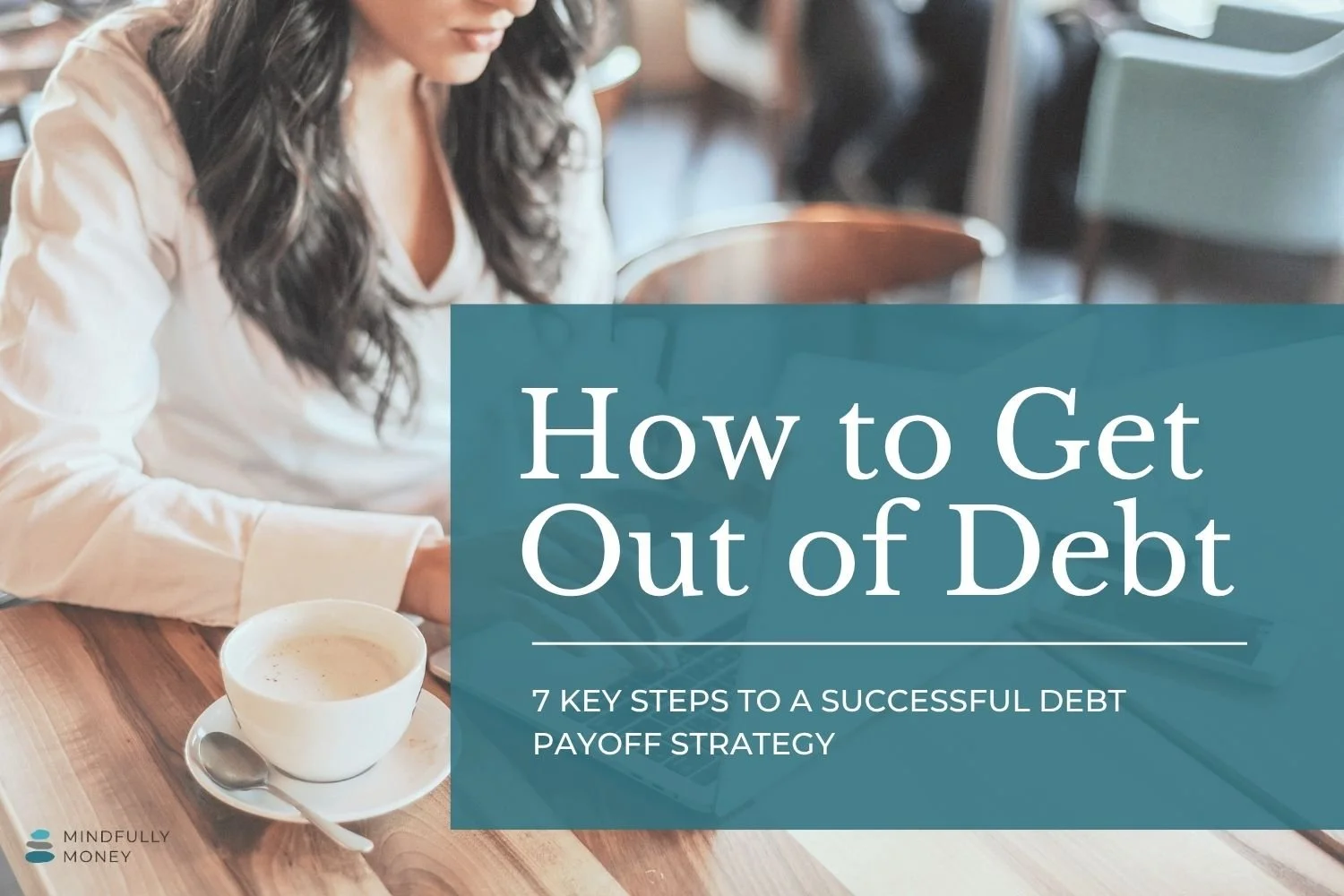When to Get Help with Your Finances
Pin to save for later!
Did you know that Reddit and Facebook groups are some of the most common places people go to get personal finance advice? The great news is that there is tons of great advice and many people willing to give it. The bad news is that there’s tons of advice and lots of people willing to give it. So how do you sort the good from the bad? And how do you know if generic advice is enough for you or if you should get some professional help?
In the hours I’ve spent in the online personal finance advice world, I’ve seen it all. You can find an argument for anything without even looking too hard. If you want reasons why you should never/always buy a house, you’ve got it! Google “why bitcoin is the only investment you need” and millions of articles will pop up explaining the benefits of crypto currencies.
Staunch DIYers insist that all of the information is available for free, some going so far as to say that anyone charging you money for advice is ripping you off. While that last part is certainly a stretch, it’s true that you can get free information if you’re willing to spend the time looking for it and figuring out which advice is right for you.
But that’s the problem: how do you know which information is right for you?
While learning about a topic online is certainly a good way to increase your knowledge, here are five times when hiring a financial professional makes sense.
1. When you just don’t have the time to figure it out and/or you feel overwhelmed with all of the information
One student loan-focused Facebook group I follow is constantly advising people not to pay someone to help them figure out their student loans. To be fair, the group is an excellent resource and it is entirely possible to figure out what you need to do with their help. But what if you don’t want to read through the information? What if you just want someone to tell you what to do?
That’s a perfectly acceptable reason to pay for help.
There is nothing you can’t learn online if you want to (just ask me how many plumbing issues I’ve solved with the help of Google). But when you hire someone to help you, you’re not just paying for information. You’re also paying for personalized guidance. You’re paying for the confidence that you’re doing the right thing. You’re paying for time—the time that you would have spent trying to figure out the right terms and the right thing for you. You’re paying for the mental capacity it frees up when you don’t have to think about it.
My mom is like this. My mom just wants someone she trusts to tell her what to do so she doesn’t have to think about it. And there’s nothing wrong with that. We all only have so much time and energy and sometimes it is worth trading money to gain time and energy.
We live in a world where we have to make so many decisions all the time. Decision fatigue is real. Just ask any working mom, especially around holidays, in the middle of a pandemic. Amiright?
If you feel like you just want to pay someone to do something, just do it!
2. When you want verification that you’re doing the right thing for you
Another really great reason to hire a financial professional is to gain the confidence that you’re doing the right thing.
Maybe you’ve been going through life, trying to save money, pay off debt, or just generally get ahead, but you’re just not sure if you’re on track. You feel like you’re doing the right things, but are you? That hint of doubt creeps in and gives you anxiety every time you look at your retirement account balance.
If this sounds familiar, it might be worth hiring someone.
Again, you’re not paying for information. You’re paying to feel confident that you’re doing the best you can with the resources you have. You’re paying for perspective and a more complete picture than you otherwise had.
Let’s say you want to know if you’re saving enough for retirement. There are bajillions of calculators that will give you an answer—often different answers. One tells you you’re on track, some tell you to save a little more, others tell you there’s no way in hell you’re going to be able to retire even when you’re 85.
Retirement calculators are all based on assumptions about future income, living expenses, inflation, the availability of social security, future healthcare costs, how long you’ll live, etc. These calculators don’t know you. They don’t know that your great-grandpa lived to age 100 and only spent a few months in the nursing home. Or that you have a genetic predisposition to die by age 75. No calculator can predict income or tax rate changes, how healthy you’ll be, or exactly what your life will cost.
A financial planner can’t predict many of these things either, but they can help you tailor the assumptions and make best guesses about where you’ll be based on your specific situation and goals. Financial planners are excellent when it comes to thinking of all the things you (and your calculator) are forgetting.
On the flipside, if you’re not on track, financial planners can help you develop a plan to get there. And wouldn’t you rather know that you need to get your butt in gear now rather than ten years from now?
3. When you have a major decision to make
I find that people are often hesitant to get help when they need it because they so badly want to do it on their own. Or they don’t want to spend the money to get help.
I recently saw a Facebook post from a woman who had just inherited her mother’s home. She was thinking of selling it and wondering what the best use of the money would be based on a few other details she provided.
But here’s the thing—although she stated that she didn’t want to pay someone to advise her, this is exactly the kind of situation where she should be paying for advice.
First, situations like this are extremely emotional and not the best time to be making decisions about large amounts of money.
Second, much of the advice she was given in the comments was well-meaning advice that could work for some people in some situations, but may very well have been the wrong advice for her.
Third, a financial advisor can help you make the most of your money and avoid big mistakes. It’s likely that the financial advisor’s fee will be more than worth it because of the money they help you save/earn and the peace of mind and confidence gained.
So often, the advice I see given online is centered around which option will earn or save the most money. While the amount of money should be considered, it is far from the only consideration.
In this situation, the woman received many comments telling her to rent out her mother’s home instead of selling it. In fact, rental income can be a great way to earn some extra money. But what we don’t know is the state of the home, the amount she could earn, how much maintenance would cost, or if she even wants to be a landlord. Most importantly, we don’t know if there’s a better way to put the money to use that is more in line with her life and goals.
Money is more than a set of numbers. It involves your entire life—your emotions, habits, goals, experiences, family, and more. You can’t just make major life decisions based on numbers alone.
What makes sense for one person could be the exact wrong thing for another person.
In the end, a financial advisor could coach this person through the process of getting all of her resources to work together to create the best life possible for her and her family. Trying to make decisions with large amounts of money in an emotionally charged situation frequently leads to disaster and regret.
Besides, financial planners are often worth the money because they can help prevent you from making costly mistakes.
4. When you’re going through major life changes
A 20-something with no dependents, a solid job, and good savings habits likely does not need a financial advisor. Most people understand the basics of personal finance: that you need to spend less than you earn, save for the future, and pay off debt. These are all very straightforward, particularly when you’re young.
A financial professional can come in handy when you’re going through major life changes, particularly if you don’t feel confident that you know what you’re doing.
Major life changes always require some adjustments to your financial plan. For example:
Having a baby requires additional life insurance, an update to your will, and a college savings strategy.
Getting married involves merging assets, finding a way to manage money together, new tax management systems, and changes to your estate plan.
Retiring means a change in how you save and spend your money and planning for the expenses of older age.
All of these require re-evaluating financial goals and changing the way you think about your money. If you feel great about navigating these changes, great! But remember that it is hard for any one person to know everything about everything and there may be things you are forgetting. It’s worth hiring a financial professional to make sure you’re on track and making the best use of your resources.
5. When you’re struggling
This one probably seems a bit obvious, but the fact of the matter is that we often don’t get help when we’re struggling. We’re too full of shame, or we’re afraid to invest in ourselves and our mental health.
So let me tell you: there is no shame in struggling with your money. First of all, there are plenty of money problems that are entirely out of your control. Second, we’re not born with an innate and intuitive sense of money management. So if you just have no idea what you’re doing, you shouldn’t feel bad about hiring someone to help you.
Many people don’t get help because they believe (correctly in many circumstances) that a financial planner won’t help them because they don’t already have money to invest/manage. That’s when you might want to consider a financial coach or a fee-only financial planner who doesn’t have an asset minimum (yes, they do exist).
A financial coach can take the time to sit with you and go through all of your information and help you come up with a way of managing money that works for you. If you need help understanding the basics of financial management, paying off debt, transforming your spending, saving more, etc, a financial coach can help you.
(This may sound like a shameless plug for my own financial coaching services, and well, maybe it is, but I promise I’m more interested in getting you the support you need no matter where it comes from.)












